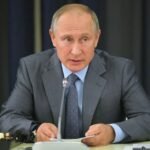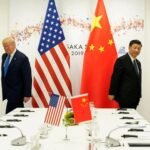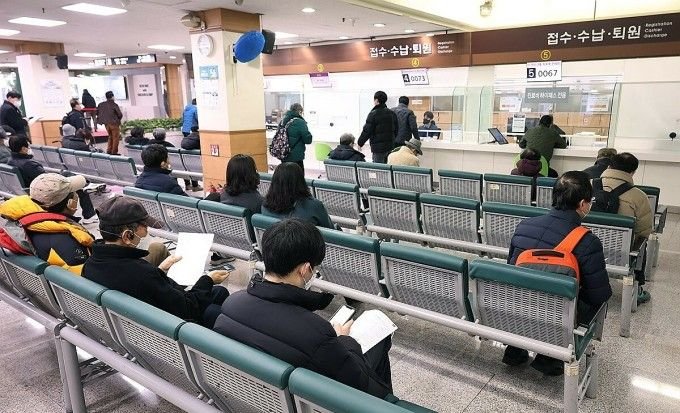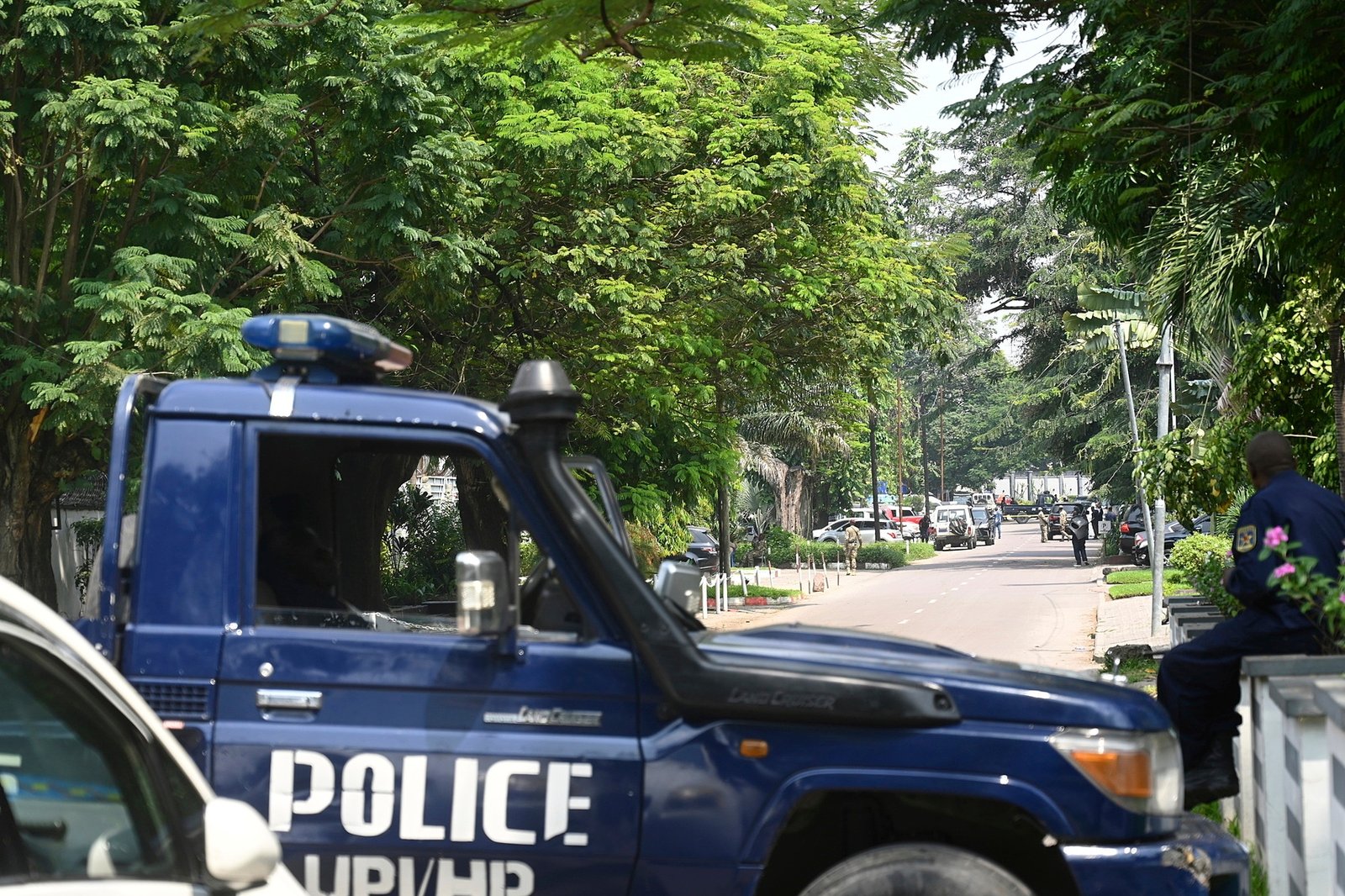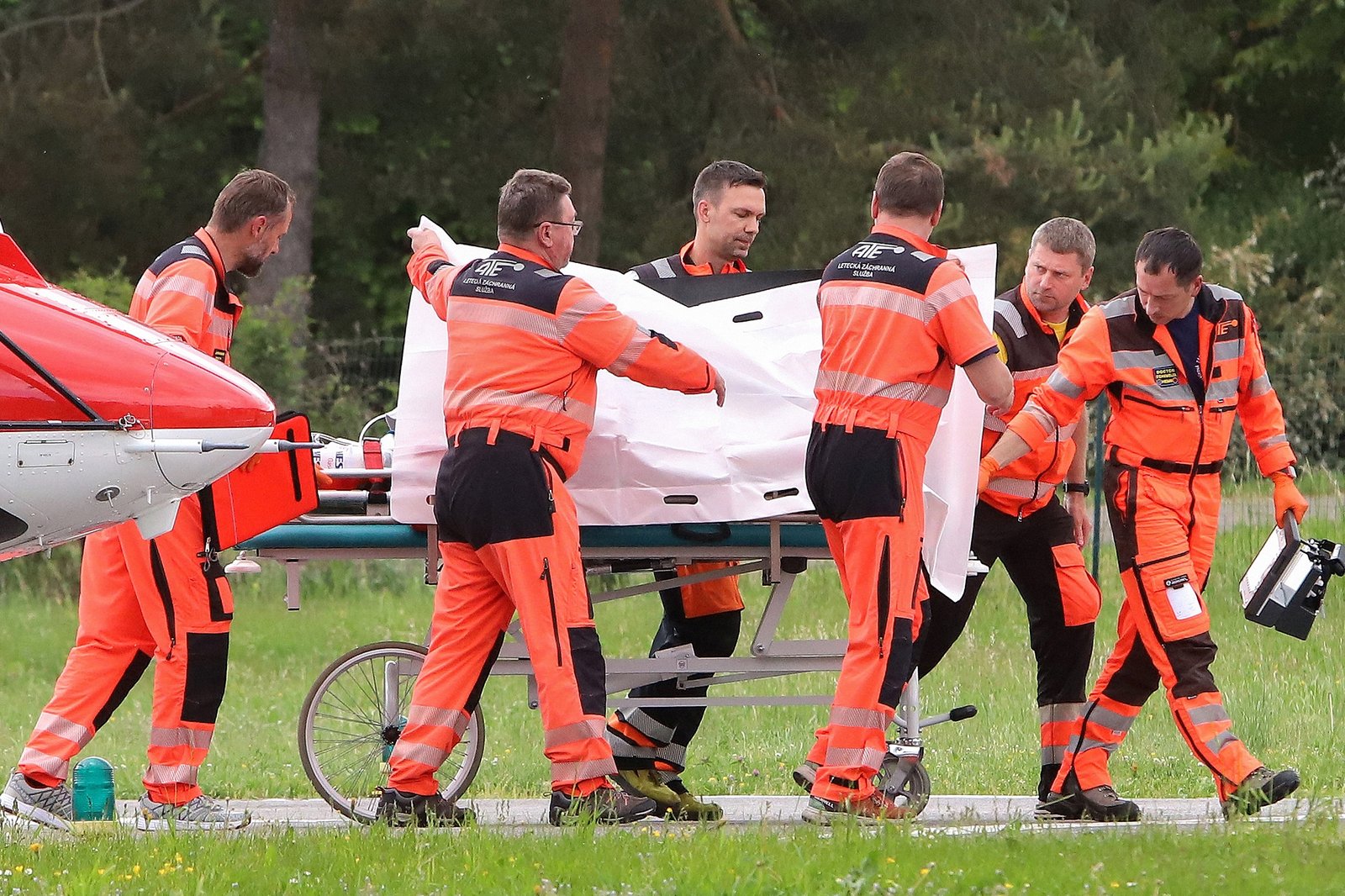`We will continue to respond according to law and principle to illegal collective actions,` South Korean Health Minister Cho Kyoo-hong said today, referring to the mass strike of
However, Mr. Cho also pledged that the resident doctors who went on strike would not be prosecuted or punished if they returned to work before February 29.
More than 10,000 young doctors, equivalent to about two-thirds of resident doctors in Korea, have been on a collective strike since last week to protest the government’s plan to increase enrollment in medical schools by 2,000 students from 2025.
Minister Cho said officials will inspect 50 hospitals this weekend to review the situation of resident doctors leaving their workplaces.
Deputy Health Minister Park Min-soo also continued to call on striking doctors to return to work before February 29, and warned that the government could ban these people from quitting their jobs.
`The resident doctors argued their actions were based on the constitutional right to freely choose their jobs, but the government could enforce some regulations to protect the public interest and maintain order.`
Patients wait at the National Medical Center in Seoul, South Korea on February 26.
Under the Health Services Act, the government has the power to revoke doctors’ qualifications if they are criminally prosecuted for failing to comply with return-to-work orders.
`It’s an abuse of power, a step backward for democracy,` said Chung Jin-haeng, a professor of medicine at Seoul National University.
South Korean President Yoon Suk-yeol today expressed a tough stance on this issue, announcing that the government will continue to promote its plan to increase medical school enrollment quotas.
`This is not an issue for negotiation or compromise. It is difficult to justify collective actions that put public health and lives to pressure and threaten people’s lives and safety,` he said.
Many Koreans support President Yoon’s plan and his approval rating has also increased in recent weeks, ahead of the general election in April. A recent poll showed that 76% of people support the plan.
Korean health officials today allowed nurses to perform some procedures that are normally performed by doctors.
The strike by resident doctors has disrupted many services at major hospitals.
The Korean government believes that increasing medical school students is necessary because the country has the lowest ratio of doctors to population in developed countries.
Meanwhile, resident doctors believe that they are overloaded and this situation can only be improved by recruiting more experienced doctors, not by increasing the number of students and newly graduated doctors.
Jeong Hyung-jun, policy director of the Korean Medical Activist Group, said young doctors are also concerned that increasing the number of students will affect their income and social status, making them


